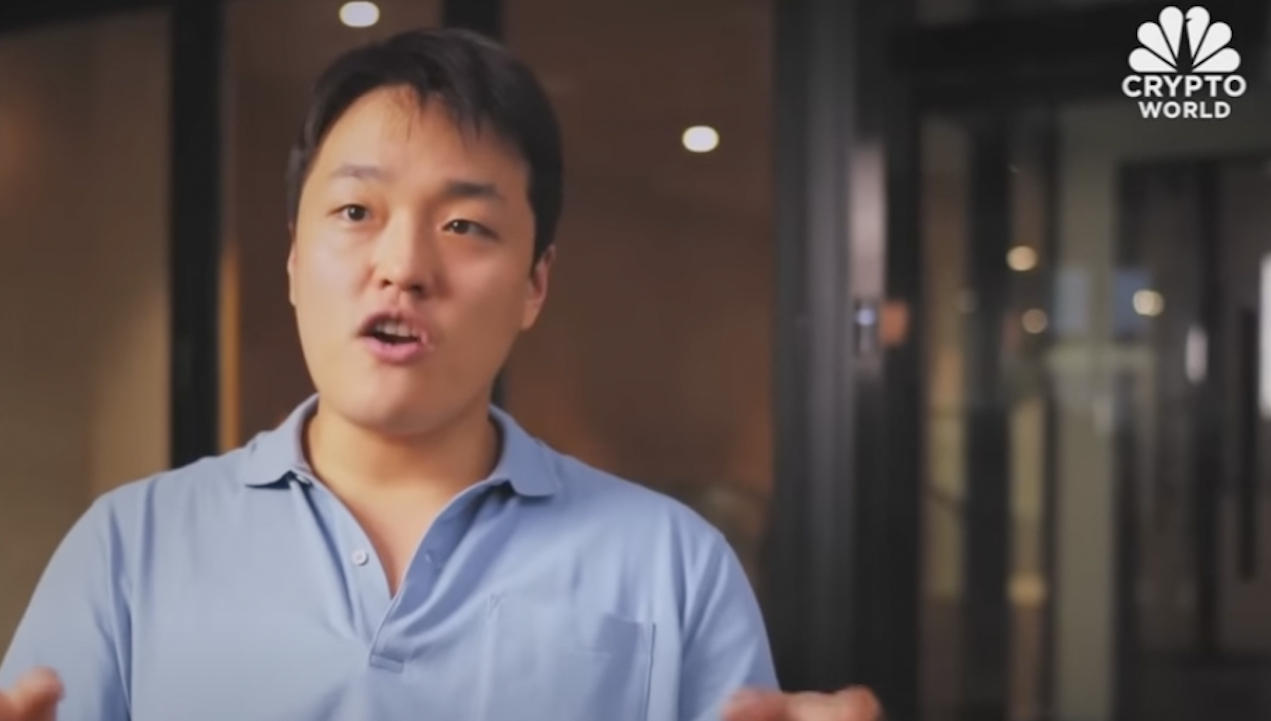Montenegro Court Agrees To Release Terraform’s Kwon and CFO on Bail

A court in Montenegro accepted bail to release Terraform Labs co-founder Do Kwon and former chief financial officer Han Chang-joon from jail on Friday after allegedly using false documents.
The Basic Court Podgorica said the two would not be allowed to leave their homes in accepting the 400,000 euros in bail for each of them.
Kwon had been on the run for months after the demise of Terra, which was behind the algorithmic stablecoin TerraUSD that fell into a tailspin last year.
Kwon and Chang-joon were accused of forgery by Montenegro prosecutors last month for allegedly using false passports from Belgium and Costa Rica.
Both have pleaded not guilty.
Search warrants for his arrest were issued in South Korea in September and Kwon was subsequently arrested in March.
Using forged documents can be punishable by as many as five years in prison under Montenegrin laws, according to Bloomberg.
Terra’s demise
TerraUSD is an algorithmic stablecoin that uses market incentives through algorithms to maintain a stable price.
TerraUSD had also been the largest algorithmic stablecoin before it crashed almost a year ago, causing billions to be wiped out.
Months after Terra’s fall, the US Securities and Exchange Commission charged Terraform Labs and Kwon for allegedly defrauding investors.
The agency said Kwon and Terraform promoted their crypto by repeatedly claiming that the tokens would increase in value.
The complaint also went into detail about other happenings at the firm, including that TerraUSD had fallen from its peg before in May 2021.
Two years ago, TerraUSD dropped below its $1 and Kwon “secretly discussed with a third party that the third party would purchase massive amounts of UST to restore the $1.00 peg,” the SEC said.
When TerraUSD was returned to a dollar value, Kwon and the company “publicly and repeatedly touted the restoration of the $1.00 UST peg as a triumph of decentralization,” among other reasons, while omitting the real reason the peg was restored — through a third party, the SEC said.




